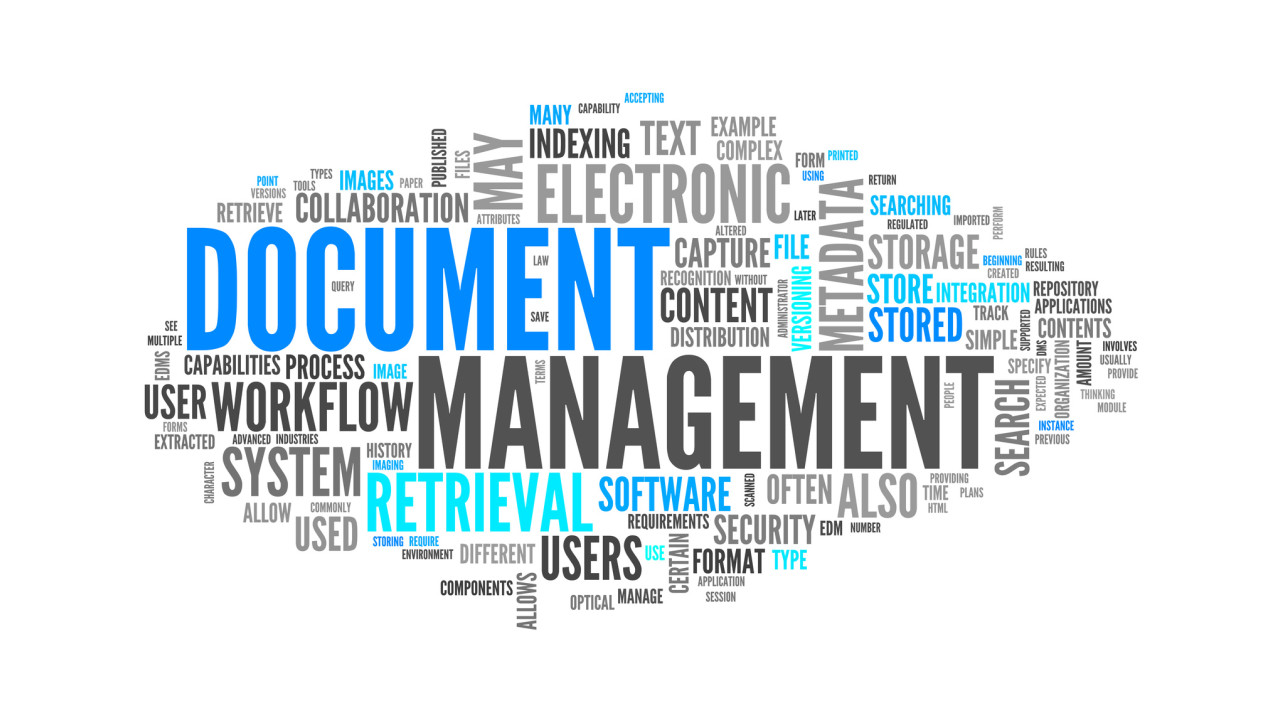The last time I bought a house, the entire process was completed through an online document management application. Not one physical piece of paper exchanged hands until the day of closing, and even then, my copy of the closing documents was forwarded to me electronically later that day. It was a fast, efficient process for both sides, with no papers lost or misplaced.
How many times have you or your staff misplaced a document lately? Perhaps you were positive it was on your desk, but you suddenly realize it’s nowhere to be found. If you’re one of the lucky ones, you found the document in question later that day, perhaps misfiled, or buried under another stack of papers. But on those not-so-lucky days, that document will be lost forever. And lost forever means you’ll have to ask the document’s source for another copy, leaving an impression of disorganization at best.
And it’s not just you. While we may feel we have control on the documents on our desk, what about once they leave your desk? What if that document is misfiled, or shredded with other documents? What if it’s routed to Phil upstairs, who takes one look at it, and tosses it in the recycle bin. What if the cleaning crew throws it out?
That’s a lot of ‘what-ifs.’ Rest assured, you’re not alone. It’s been estimated that over $2 million is spent in operating costs annually just looking for misplaced documents. If you’re tired of wasting your time and your staff’s time searching for lost documents, you may want to consider implementing a document management system (DMS). Using a DMS will drastically reduce the amount of paper in your office but, more importantly, using a DMS will allow you to always locate the document you need in seconds. It also eliminates the need for photocopying and filing; another drain on productivity, while also enabling your firm to more readily (and easily) share documents with clients via a portal.
Though document management systems were originally designed for larger businesses in order to reduce the amount of paper dealt with on a daily basis, today, firms of any size can reap the benefits of implementing some type of document management system, which along with better organization also include a reduction in the amount of printer cartridges and copier ink being purchased, along with the freeing up of support staff ,that can stop copying and filing piles of paper work on more important tasks.
If interested in document management, there are usually two types of systems to choose from: Document Storage, which includes electronic document storage and organization; and Document Management; which also includes features such as document version control, document archiving capability, and annotation ability.
In this issue of CPA Practice Advisor we review both document storage and document management systems, and have included a separate features chart for each. Products reviewed include:
Document Storage
- Cloud Cabinet by AccountantsWorld
- Drake Documents
- FileCabinet CS by Thomson Reuters
- OfficeTools WorkSpace
- SmartVault Document Storage
Document Management
- CCH Axcess Document
- CCH ProSystem fx Document
- Doc-It Suite
- eFileCabinet
- GoFileRoom
- iChannel by Conarc
- Onvio Firm Management
- PSIsafe by PSIGEN
Many of the products in this review also offer a downloadable demo, giving you the opportunity to try out the product prior to purchasing.
If you’re tired of wasting your time and your staff’s time looking for missing documents, why not spend a few minutes looking at some of the document management options available that suit your needs and your budget?
Thanks for reading CPA Practice Advisor!
Subscribe Already registered? Log In
Need more information? Read the FAQs





